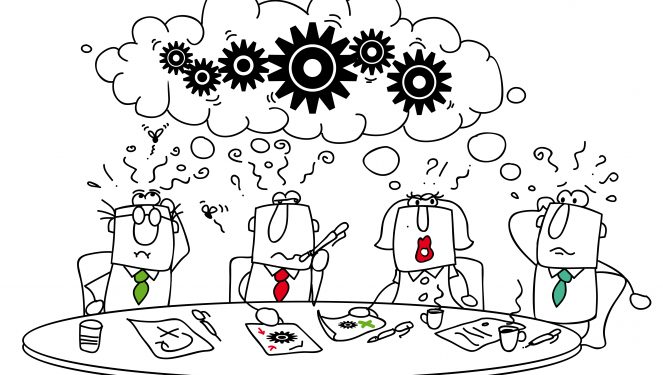We get discovery wrong in so many ways:
- We fail to do discovery. We jump straight to the pitch.
- We ask all the questions we are supposed to ask, without knowing what they mean and why we are asking them. Or we don’t pay attention to the answers. (This is a variant of 1, but we want to make the customer think we care when all we want to do is pitch.)
- We make it all about ourselves (so what’s different). We use discovery to learn what it takes to win the business. You know the routine: What are your needs, who’s involved in the decision, when will you make a decision, what’s your budget, what competitors are you considering, what does it take to win your business—-all about us and what we need to know.
We miss the most important thing in discovery—what’s the customer learning?
The discovery process is as much (or more) for the customer as it is for us. As we go through the discovery process, the customer is going through theirs. They are trying to understand — or should be trying to understand a whole number of things, the smallest part is about us and our products.
Among the things they are trying to discover are:
- What are they trying to achieve and why is it important to them?
- What are the consequences of doing nothing?
- What’s the business goal/impact of what they are trying to do? How important is that in the context of things? Is it aligned with the top priorities of the organization?
- Does everyone in the buying group have a common view, how to they align differing priorities, agendas, perspectives?
- What sponsorship and support do they need from the rest of the organization and from management?
- What are the risks?
- What are the change management issues, implementation issues?
- What does it mean to each of them, personally? (WIIFM)
- What alternative approaches and solutions might they consider and why?
- What do they need to learn about each of the alternatives, how will they do this?
- How will they choose an approach or solution, aligning everyone involved in making the decision.
- How will they develop the business case and sell their recommendation to senior management?
- Once they have decided a course of action, what do they need to do to achieve the outcomes they need to achieve? What’s their project plan, how do they reduce risk and move ahead successfully.
- What could cause them to fail in achieving their goals? How do they avoid that? What are the consequences of failure?
And, I’m certain there is more.
Notice, the smallest part of what they need to discover has anything to do with buying or what we sell. Yet we make discovery all about us!
What would happen if we shifted our perspectives, focusing on the customer’s discovery process? What if we helped them through their discovery process?
Perhaps by changing our focus on discovery, we would actually be more helpful to the customer, creating greater value with them.
Afterword: Thanks to Kevin Dorsey for inspiring this article through his great LinkedIn Discussion.

Leave a Reply